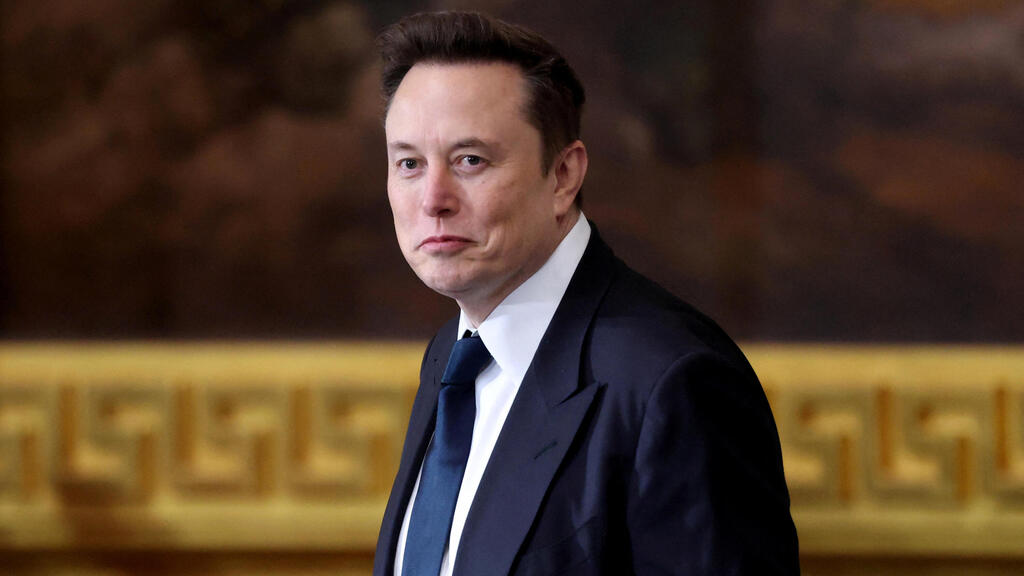Getting your Trinity Audio player ready...
Billionaire Elon Musk announced overnight Thursday that he is stepping down from his role in U.S. President Donald Trump’s administration after a turbulent tenure as head of the newly established Department of Government Efficiency (DOGE). The department, created at the start of Trump’s second term, aimed to slash redundant public sector jobs and cut wasteful federal spending.
In a post on X, Musk thanked the president for “the opportunity to reduce wasteful spending,” adding that DOGE’s mission “will only strengthen over time as it becomes a way of life throughout the government.”
Musk’s resignation came shortly after the U.S. Court of International Trade blocked Trump’s tariff plan.
During his term, Musk faced criticism for weakening essential federal agencies and creating staffing shortages. Reports also pointed to frequent clashes with other senior administration officials. According to Reuters, Musk did not speak with Trump before announcing his resignation, which was reportedly made at the highest executive level. The White House confirmed his departure, stating that the exit process would begin immediately.
The announcement followed Musk’s public criticism of Trump’s signature budget bill, which the president dubbed “One Big Beautiful Bill Act.” Musk said he was disappointed to see the “massive spending bill,” which he says increases the federal deficit and undermines the mission of the department he led. "I think a bill can be big or it can be beautiful,” Musk told CBS News, “but I don’t know if it can be both. My personal opinion.” His departure is expected to embolden Republican lawmakers already opposing the bill.
Get the Ynetnews app on your smartphone: Google Play: https://bit.ly/4eJ37pE | Apple App Store: https://bit.ly/3ZL7iNv
Although he failed to meet his goal of trimming $1 trillion from the federal budget, Musk has acknowledged that Washington’s bureaucratic entrenchment was “worse than I imagined.” DOGE’s austerity plan will continue, with a new proposal expected to cut $8.3 billion in foreign aid and another $1.1 billion from public broadcasting.
Musk said he would scale back his political donations and refocus on his businesses, including X, Tesla and SpaceX. His resignation coincides with mounting pressure from Tesla investors, who have urged him to return his full attention to the electric car maker. In a letter to Tesla board chair Robyn Denholm, a group of active shareholders demanded that Musk commit to working at least 40 hours a week for the company, blaming his government stint for damaging Tesla’s sales, image and valuation.
Investors argue that “Tesla’s current crisis highlights deep structural problems, stemming from the CEO’s absence and a lack of effective board oversight.” The company recently reported a 71% drop in quarterly profits and a 13% decline in sales year-over-year. While its stock has lost roughly a quarter of its value since December, it rebounded slightly after Musk’s announcement that he would return his focus to business.
Meanwhile, the Wall Street Journal reported that during Trump’s recent visit to the Middle East, Musk worked behind the scenes to block a tech development deal in Abu Dhabi involving OpenAI and other U.S. firms—unless his own AI startup was included. White House sources said Musk became “furious” upon learning that OpenAI CEO Sam Altman would be part of the delegation, prompting Musk to join the trip himself.




